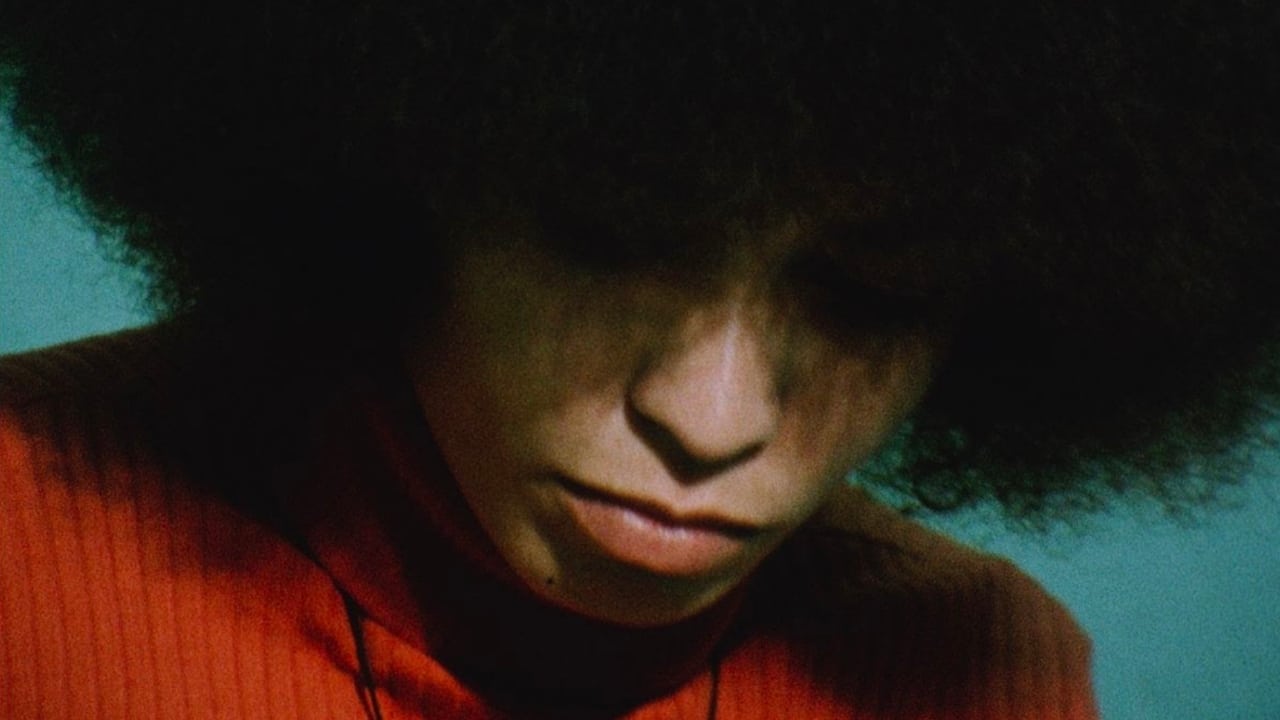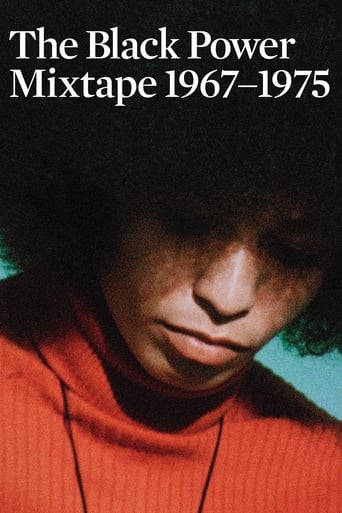



Load of rubbish!!
Absolutely brilliant
The movie is made so realistic it has a lot of that WoW feeling at the right moments and never tooo over the top. the suspense is done so well and the emotion is felt. Very well put together with the music and all.
View MoreStory: It's very simple but honestly that is fine.
The Black Power Mix Tape 1967 – 1975 is a fascinating documentary consisting of present day interviews mixed with 30 year old archival footage shot by a Swedish team and never seen in the US. This chronicle of the Black Power movement in the United States from 1967 to 1975 gives us the cultural and political back story from the point of view of prominent African Americans. The original music is by Questlove and Om'Mas Keith. While this is serious stuff, there are a few unintentionally amusing bits thanks to the curiosity and naive eyes of Swedish journalists. TV Guide, that's all i'm going to say. Much of the story takes place in the San Francisco Bay Area and includes amazing moments with Stokely Carmichael, Angela Davis, Huey P. Newton, Eldridge Cleaver and Bobby Seale. Local actor Danny Glover is co-producer.
View MoreI saw this in a UK arts centre with a friend from the US who had left High School in 66 or 67 and graduated from college in 70. On her own admission here was another America she has never experienced or known about. What struck me about this is the pacing, the editing allows the protagonists time and space to speak and articulate themselves. There's a section when Angela Davis speaks eloquently and movingly and the camera holds on her for several minutes. This film is essential viewing for any younger people involved in the 'Occupy'or anti globalisation / anti capitalist movements. The issues that the Black Power movement were addressing are still with us. The film has a wonderful soundtrack and music score complementing the footage perfectly. The footage is both evocative and informative, carefully selected. There's shots of everyday street scenes, interviews and dramatic footage of rioting and disturbances. Yes BPMT is short on analysis, but for this viewer the beauty of this film is that I felt an empathy as a fellow human being with these angry, militant people and felt inspired to learn more about the Black Power movement and quietly, calmly, start to listen. I don t feel I have to apologise for being white after watching this or start going all PC simply that I have a better understanding now of where some people were or are coming from. Finally, it's fascinating this film emerges from Sweden. Often held to be a model of 'responsible' capitalism, a proper social democracy where entrepreneur ism and business can live happily alongside social provision and an excellent welfare state. However unlike other European countries such as Britain or France, Sweden never had to address the legacy of a colonial empire and immigration from former colonies. It's very safe for a country, a society where everyone looks the same and speaks the same language to be open, liberal and tolerant. I'm very intrigued as to what the fascination and interest was for the Swedish in the Black Power movement, a question this film doesn't address. Maybe the Black Power activists in this film are being positioned as 'exotic' in the same way that countless documentaries always position Africans as exotic, closer to nature, primitive and so on. Just a thought...
View MoreFor someone who thrived during this era, it was a nice refresher course. I started college in 1967, and was able to see and even meet some of the principles of this era. For young people it is a must see movie. It is the US seen trough Swedish eyes. I gave it high marks because mostly what is shown these days about the struggle of the 60's is Martin Luther King. There were many more, who got coverage at the time. Some of them were revered as much as Martin Luther King. It draws few conclusions except for the epidemic of drugs in the Black community for the Radicalisms demise. In my opinion, many of the radicals went capitalist. Bobby Seale, Eldridge Cleaver turned main stream. I bought a cookbook by Bobby Seale in the 80's. Despite its flaws, this movie is history that you will never see in the history books.
View MoreA bunch of Swedish lefties became idealistically preoccupied with American Black nationalism in the late '60s, and shot a ton of footage intended for Swedish television. Much of it wasn't used, however, and the filmmakers have only recently finished editing it into a feature. Much of this is powerful. Stokley Carmicheal's presence impressed me most of all. I didn't feel as if anything in the film felt unnecessary, except perhaps a petty feud with TV Guide for criticizing Sweedish television, which I doubt was at the center of consciousness of many African-American activists of the time. The trajectory of the film is depressing. We witness a leftist renaissance in the USA crumble as drugs (which the film forcefully suggests were introduced by the FBI) change the escape route of an oppressed community from activism to addiction.
View More